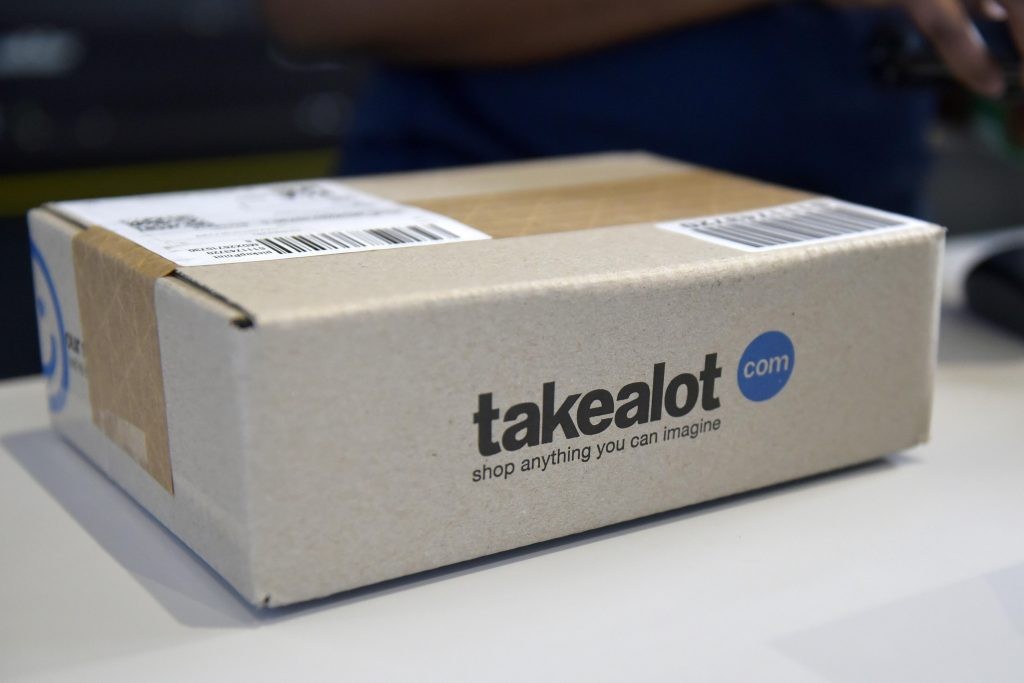In South Africa, the social commitment of companies is actively promoted by the government and the Competition Commission.
The Gauteng Department of Economic Development and Takealot have entered into a R150 million ($7,8 million) partnership to bring township businesses into the growing digital market economy through training and additional opportunities.
The “partnership with Takealot allows entrepreneurs in the township to have a national reach online and create job opportunities for young people as re-sellers on the Takealot platform,” said the Gauteng provincial government.
The agreement, signed on 18 April, promises to launch various programmes in townships across Gauteng and “create 20,000 jobs.”
Some of these programmes, largely spearheaded by Takealot, include:
- Takealot Delivery Driver Development Programmes;
- Bringing more products made in the townships by SMEs and local industries onto the Takealot marketplace;
- Bringing more township restaurants onto the Mr. Delivery (Mr D) database;
- Developing a Takealot Personal Shopper Programmes;
- and allowing various township businesses to be resellers of Superbalist stock.
“We are launching this… with [the intention of making] sure that as the e-commerce industry grows, we also bring along businesses in the townships by exposing them to new opportunities that are available,”
said Mathopane Masha, head of Inclusive Economy at the Gauteng Department of Economic Development.
According to Rand Merchant Bank Aluwani Thenga, “the value of e-commerce transactions in South Africa is expected to surge 150% to R225 billion by 2025 in response to a marked shift in consumer behaviour.”
Gauteng Premier Panyaza Lesufi said that this is “ending an era where township businesses only sell to township residents.”
“Today, together with Takealot, we signed an agreement that will, for the very first time, expose our business owners to the global market,”
he stressed.
In South Africa, the social commitment of companies is actively promoted by the government and the Competition Commission. When reviewing M&A deals, the antitrust regulator takes into account the public interest aspect, i.e. the possible impact of the deal on employment, ensuring equal opportunities for small and medium-sized enterprises to participate in the economy, increasing ownership shares of historically disadvantaged persons (HDPs – South African citizens who suffered from the apartheid regime), and so on.
In the context of South Africa, such antimonopoly tools become especially important, says Mikhail Shikhmuradov, an expert of the BRICS Competition Centre.
"Along with reducing disparities in the distribution of wealth, they help to overcome systemic social challenges, and the involvement of vulnerable categories of citizens in the economy not only increases the overall level of welfare, but also triggers mechanisms of more balanced growth, making the national economy more diversified and receptive to innovation,"
he emphasizes.
Source: Business Tech




